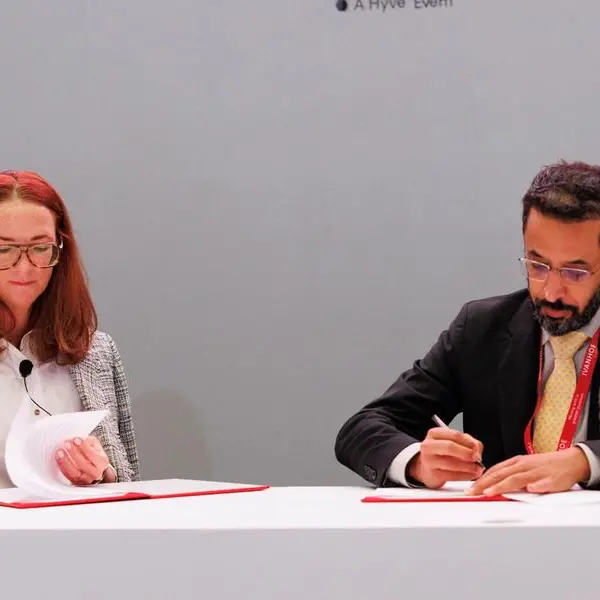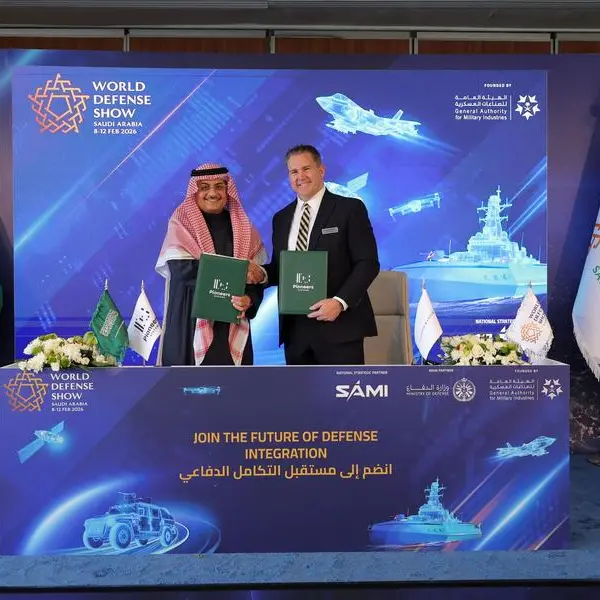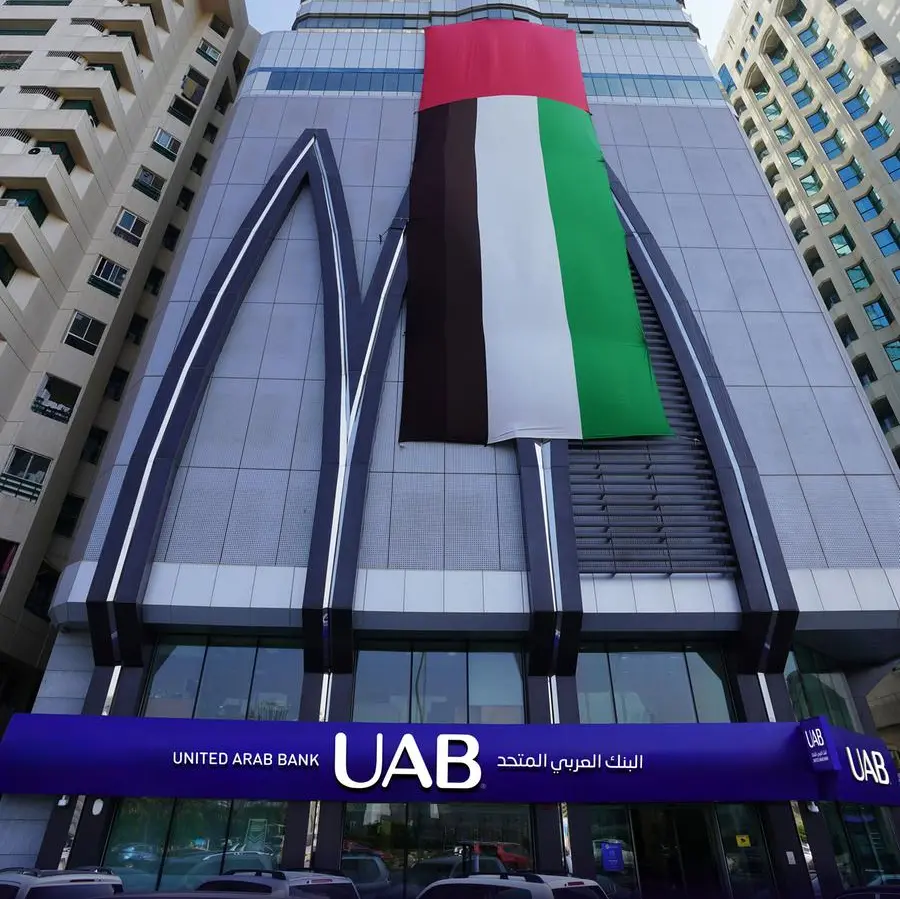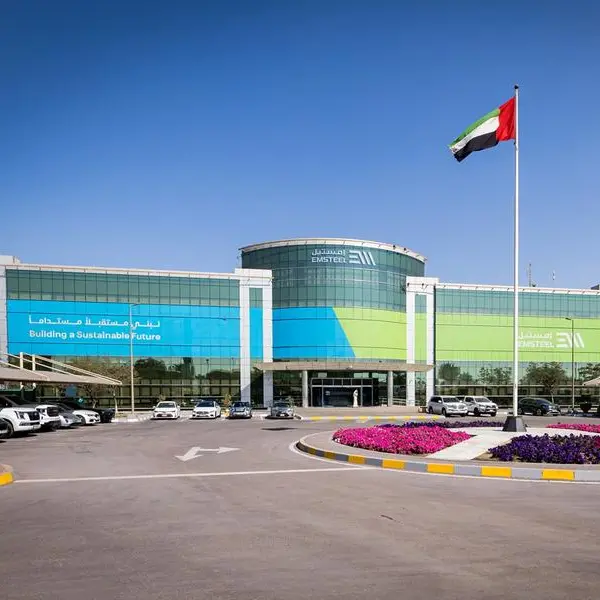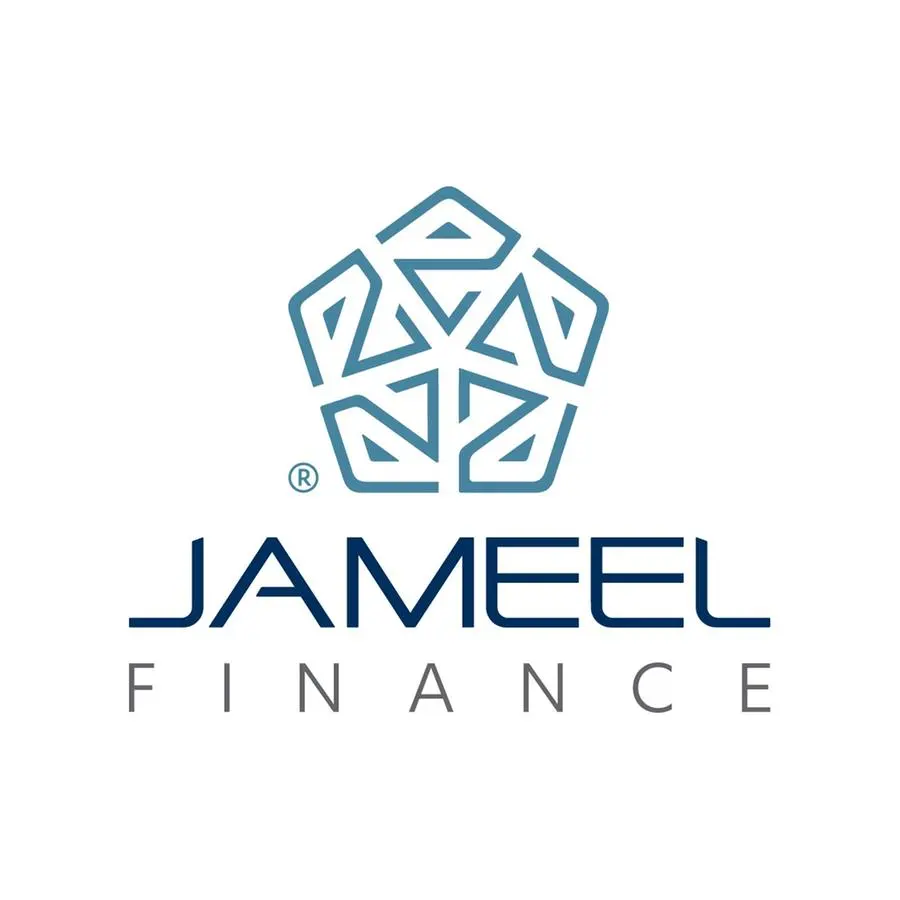By diverting staggering amounts of money and other wealth from South Sudan’s public coffers and resources, South Sudan’s leaders are undermining human rights and endangering security, the Commission on Human Rights in South Sudan has found in its latest Conference Room Paper presented to the Human Rights Council in Geneva today.
According to investigations carried out by the Commission over the past two years, more than $73 million USD was diverted since 2018, including transactions worth almost $39 million USD in a period of less than two months. The Commission noted that this figure is only a fraction of the overall amount looted; as President Salva Kiir himself admitted as far back as 2012, South Sudan’s ruling elites had diverted more than $4 billion USD.
The Commission is mandated to monitor and report on the human rights situation in South Sudan, and to clarify responsibility for alleged violations and related crimes, as well as to make recommendations to improve the situation. In its Conference Room Paper, the Commission has highlighted how the systematic, illicit diversion of State resources has severely undermined the economic, social and cultural rights of citizens. This plundering also continues to fuel political competition amongst elites, and is a key driver of the on-going conflict, violations and serious crimes, jeopardising the prospects for sustainable peace.
The Commission’s recommendations aimed at the Government of South Sudan seek to ensure that the State is able to protect and fulfil the rights of its citizens.
The Commission’s Conference Room Paper also highlights that South Sudan’s elites have deliberately adopted a highly informal system of oil revenue collection, in which the absence of independent oversight and transparency facilitates and enables the misappropriation of public funds. Similarly flawed, non-transparent processes for contract payments, procurements, and revenue are operated illicitly to divert non-oil revenues. In just one emblematic case, the Commission revealed how a single payment made unlawfully in May 2018 by the Ministry of Finance to Sudanese businessman Ashraf Seed Ahmed Al-Cardinal, also known as “Al Cardinal”, represented a staggering 21.6 per cent of South Sudan’s total budget for the “Use of Goods and Services” and “Capital Expenditure” for the entire 2018/2019 fiscal year.
“The Commission’s documentation of the corruption, embezzlement, bribery, and misappropriation of State funds by political elites is merely the tip of the iceberg”, stated Commission Chair Yasmin Sooka. “Our investigations traced exactly how this money is being diverted, and our findings revealing the patterns and trends of the embezzlement include the involvement of politicians, Government officials, international corporations, military personnel, and multinational banks in these crimes. The Ministry of Finance and Economic Planning, the National Revenue Authority, and a number of foreign corporations have all been complicit in this”, she added.
The Commission’s Conference Room Paper also emphasises and draws a link between the illicit diversion of funds and the inadequacy of resources available to public authorities to fulfil their legal obligations to provide for the enjoyment of economic, social and cultural rights of citizens.
“The violations of human rights and related crimes we have been investigating refer to a broad category of activities involving money, finances, or assets, the purpose of which is to unlawfully obtain a profit or advantage for the perpetrators”, explained Commissioner Andrew Clapham. “These activities are proscribed by both national legislation and international law, including the Transitional Constitution of South Sudan, the Anti-Corruption Commission Act, and the Investigation Committees Act. As a State party, South Sudan is further bound by the UN Convention against Corruption. Accordingly, other States party to that Convention may be obligated to repatriate funds that originated in South Sudan and were illicitly used to purchase real estate abroad, as we have documented in considerable detail”, he added.
The Commission’s report also highlights that South Sudan’s oil industry is dominated by unaccountable oil consortia, the actions of which have wrought considerable devastation, including environmental degradation and damage impacting on the health of citizens. Oil spills in the Pariang and Rubkona counties of Unity State, for example, have led to pre-term births, stillbirths, congenital anomalies or deaths in new-borns, blindness, male sexual dysfunction, and low fertility.
“We have analysed a series of preventable health incidents induced by disease and devastating birth defects, including many that can be directly attributed to the presence of crude oil contamination in water, contributing to environmental degradation”, stated Commission Chair Yasmin Sooka. “The harm wreaked by these major oil consortia on local communities, and in particular the impact on infants who continue to suffer from severe birth defects, is utterly egregious and devastating for families”, she added.
The Commission also underscored that the illicit gains from economic crimes also serve as a major driver of armed conflict in South Sudan.
“South Sudan’s damaging conflicts have been significantly enabled and even motivated by the opportunities to control and divert natural resources as well as oil and non-oil revenues”, said Commissioner Barney Afako. “Moreover, national authorities and elites have prioritised the financing of military and security apparatuses over investment in public services, infrastructure, and livelihoods. We strongly urge the Government to act swiftly and decisively fully to implement Chapter IV of the Revitalised Peace Agreement, which provides the appropriate basis for ensuring the effective resource, economic, and financial management in South Sudan”, he added.
The Commission has identified several individuals allegedly linked to human rights violations and related economic crimes, and has included them in its confidential list that will be handed to the High Commissioner for Human Rights for the purpose of facilitating transitional justice responses, including investigations and prosecutions.
Distributed by APO Group on behalf of Office of the UN High Commissioner for Human Rights (OHCHR).
© Press Release 2021
Disclaimer: The contents of this press release was provided from an external third party provider. This website is not responsible for, and does not control, such external content. This content is provided on an “as is” and “as available” basis and has not been edited in any way. Neither this website nor our affiliates guarantee the accuracy of or endorse the views or opinions expressed in this press release.
The press release is provided for informational purposes only. The content does not provide tax, legal or investment advice or opinion regarding the suitability, value or profitability of any particular security, portfolio or investment strategy. Neither this website nor our affiliates shall be liable for any errors or inaccuracies in the content, or for any actions taken by you in reliance thereon. You expressly agree that your use of the information within this article is at your sole risk.
To the fullest extent permitted by applicable law, this website, its parent company, its subsidiaries, its affiliates and the respective shareholders, directors, officers, employees, agents, advertisers, content providers and licensors will not be liable (jointly or severally) to you for any direct, indirect, consequential, special, incidental, punitive or exemplary damages, including without limitation, lost profits, lost savings and lost revenues, whether in negligence, tort, contract or any other theory of liability, even if the parties have been advised of the possibility or could have foreseen any such damages.
